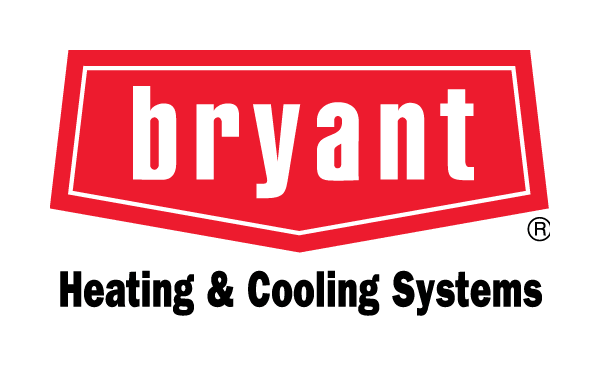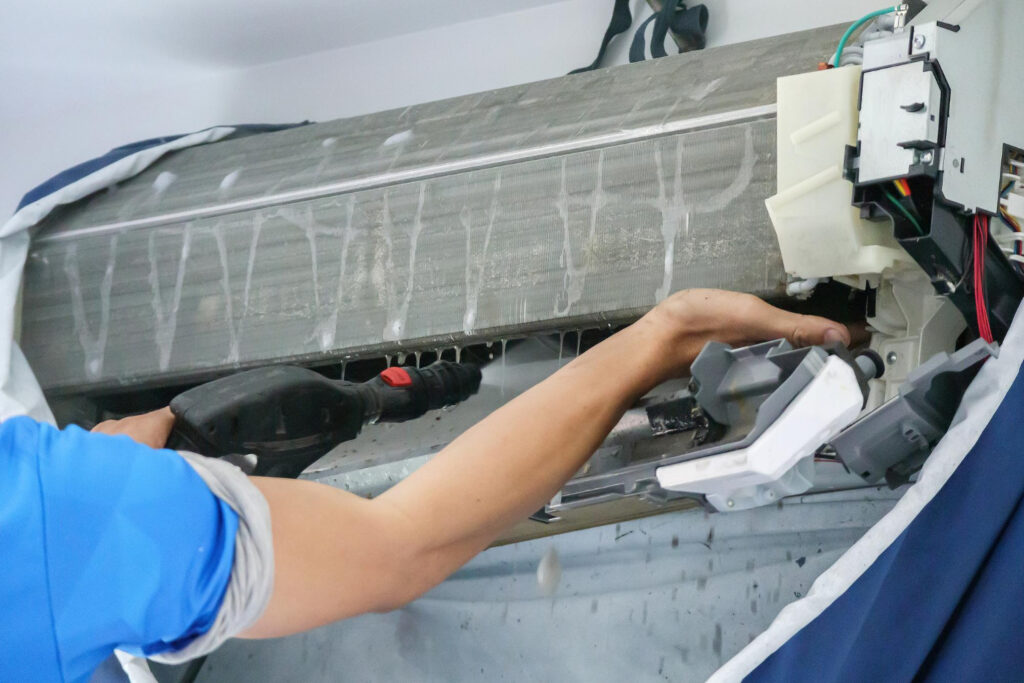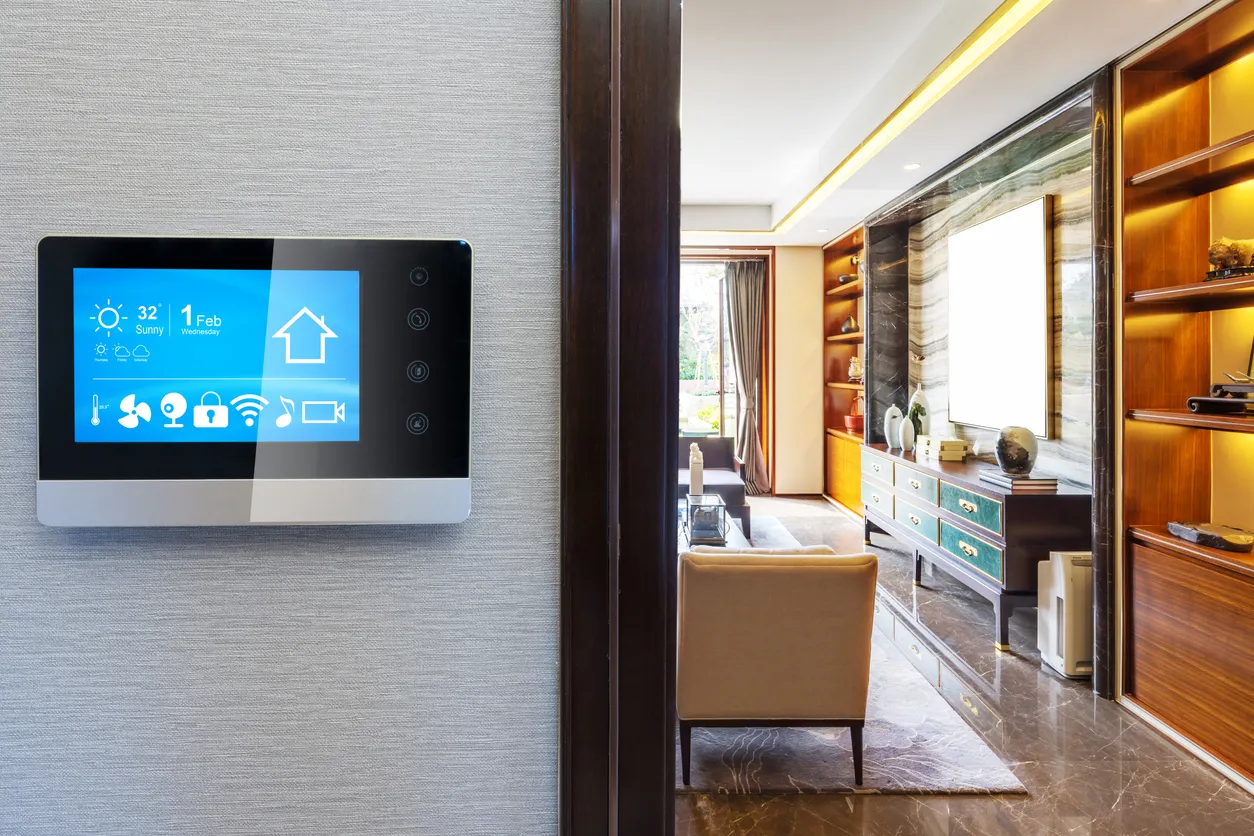Living in Paradise comes with some unique challenges for homeowners, especially when it comes to keeping an air conditioning system running smoothly in the peak of summer. One issue that tends to sneak up on people is a clogged AC condensate line. While it may seem like a minor problem at first, this small blockage can shut down your system, cause leaks, and even lead to mold growth inside your home. During July, when temperatures are at their highest, any AC issue—especially one that could have been caught early—can bring a lot of discomfort.
In areas like Paradise, sandy conditions can make this specific problem worse. While many homeowners focus on refrigerant levels, dirty filters, or airflow challenges, the buildup of sand in the condensate line is a localized concern that can’t be ignored. The combination of dust, sand, and humidity in the area creates a perfect setting for clogs to form. Knowing how these clogs occur and what signs to watch out for could make a big difference in avoiding expensive damage and system breakdowns.
Understanding AC Condensate Lines
Every air conditioning system pulls humidity out of the air while cooling it. This moisture collects inside the system and is funneled out through a small pipe called the condensate line. Its main job is to remove excess water safely from the system to the outside of your home. If this pipe becomes blocked, that water has nowhere to go and starts backing up into the unit or even back into your house.
The line itself is usually made of PVC or similar flexible materials and can run several feet, depending on where the indoor part of your unit is installed. Most often, the pipe exits near the outdoor unit or drains near a landscaped area. The longer the line has to run, the more room there is for blockages and buildup.
This is an area of the AC system most homeowners rarely think about, which is exactly why it causes so many surprise problems. When it is working, the system drains normally. When it clogs, water backs up or overflows, tripping the system or leaking onto floors and ceilings.
One example seen in Paradise is with homes that have landscaping close to the AC unit. Over time, sand from mulch, decorative rocks, or bare soil can get blown into the pipe opening. Once it mixes with humidity draining from the system, it forms a sludge that is hard to clear without the right tools. Certain homes may be more at risk depending on layout and exposure to wind and sand.
Common Causes of Condensate Line Clogs in Paradise
In Paradise, there are a few factors that contribute to condensate line clogs more than in other places. The local environment plays a big role in clog buildup and the frequency of system shutdowns due to overflow trips or slow draining.
Here are the most common reasons for clogged condensate lines in Paradise:
– Sand and Dust Buildup: The dry, sandy environment means particles easily make their way into the lines, especially if the exterior drain is low to the ground or damaged.
– Humidity-Based Growth: Humid air pulled from inside the home causes moisture to form in the line. That moisture attracts mold, algae, and bacteria, which continue to grow along the inside of the pipe.
– Infrequent AC Usage: In some households, the AC may be off for short periods before heavy summer use. During this downtime, water left in the line becomes stagnant, giving mold and bacteria time to grow.
– Improper Sloping: If the line does not have the right downward angle toward the exit point, water moves slower and gives more opportunity for buildup.
– Blocked Drain Exit: Leaves, plants, pests, or even lawn equipment can clog the end of the pipe where water should safely drain away. When this happens, it backs up quickly into your AC unit.
These clogs do not just affect system performance. Left unchecked, they can push moisture into your insulation, drywall, and flooring. That kind of water damage is harder to fix than the clog itself. Catching the signs early and having regular inspections during the summer months is one of the easiest ways to protect your system.
Signs Your AC Condensate Line Is Clogged
When a condensate line gets clogged, it usually gives off some clear warning signs. In Paradise, being aware of these can prevent small issues from becoming major AC failures at the worst possible time. The best move is to catch a blockage early, before it causes damage or turns off your cooling during a heatwave.
Here is what Paradise homeowners should watch for:
– Puddles or Wet Spots: If you notice water collecting around the indoor unit or near vents, the condensate line may be backing up.
– Irregular Cooling: A clog can cause the system to shut down unexpectedly or run inefficiently.
– Musty Smells Indoors: Clogged lines can trap water, creating a spot for mold and mildew to build up.
– Dripping or Overflow Sounds: You might hear water leaking or trickling near the indoor unit.
– Increased Indoor Humidity: A properly working condensate line helps reduce humidity, so a sudden rise in indoor moisture could be a red flag.
These signs are fairly easy to overlook, especially when the AC unit seems to be running. But when the line fully blocks and overflows, it can cause more than just discomfort. Water damage to flooring, walls, or even insulation is not uncommon. If any of these warning signs show up, it is time to pause and get help before the issue gets out of hand.
Solutions and Preventative Measures for Paradise Homes
In a sandy area like Paradise, dealing with clogged AC condensate lines means staying ahead of the conditions surrounding your home. Sand and moisture are a bad mix, and once the buildup starts, it gets harder to fix without proper tools. Clearing a line that is already blocked can be tough, which is why prevention is the smarter investment.
Here are a few things Paradise homeowners can do to reduce the chances of clogging:
– Schedule professional cleanings before summer starts to remove early buildup.
– Have our technicians inspect the line slope and drainage route for potential flow issues.
– Consider installing a filter screen at the drain line exit to block sand and debris from entering.
– Place gravel or a dry barrier near the drain end, keeping nearby landscaping or mulch farther away.
– Set up a routine maintenance plan to keep the entire system cleaned and checked regularly.
These steps give your system a greater chance of working without disruption through the hottest times of the year. Preventative service is much faster and quieter than fixing water damage or dealing with a system that has gone completely offline. Paradise’s sandy environment makes prevention especially important for keeping indoor spaces safe and controlled.
Staying Cool and Avoiding AC Disruptions in Paradise
When cooling systems fail in the heat of July, comfort is not the only thing at risk. Clogged condensate lines affect how air moves, how moisture is handled, and how safe your system is overall. If left too long, a simple clog can turn into property damage or complete system shutdown. Paradise homeowners face an extra layer of risk due to the sand and dust that move through the air and into outdoor systems. That buildup does not take long to create problems if left unchecked.
Being proactive matters. Catching early warning signs, scheduling seasonal upkeep, and protecting the exterior parts of your AC system all lead to more reliable cooling. If your system constantly shuts off or you see water collecting where it should not be, your condensate line may be causing the issue. Regular inspections, handled by experienced technicians, can cut down on surprise repairs and help extend the service life of your whole system. AC performance in Paradise depends on more than just turning it on. It starts with keeping it clean and preventing what you cannot see from turning into an expensive fix.
Keep your cooling system running efficiently by scheduling regular checkups with professionals who understand the challenges of living in Paradise. Addressing minor issues before they become large problems can prevent costly repairs later, so consider exploring AC installation in Paradiseto ensure your system operates at its best. For a quick estimate or to book a service visit, please contact ustoday at Zen Aire Air Conditioning & Heating.





